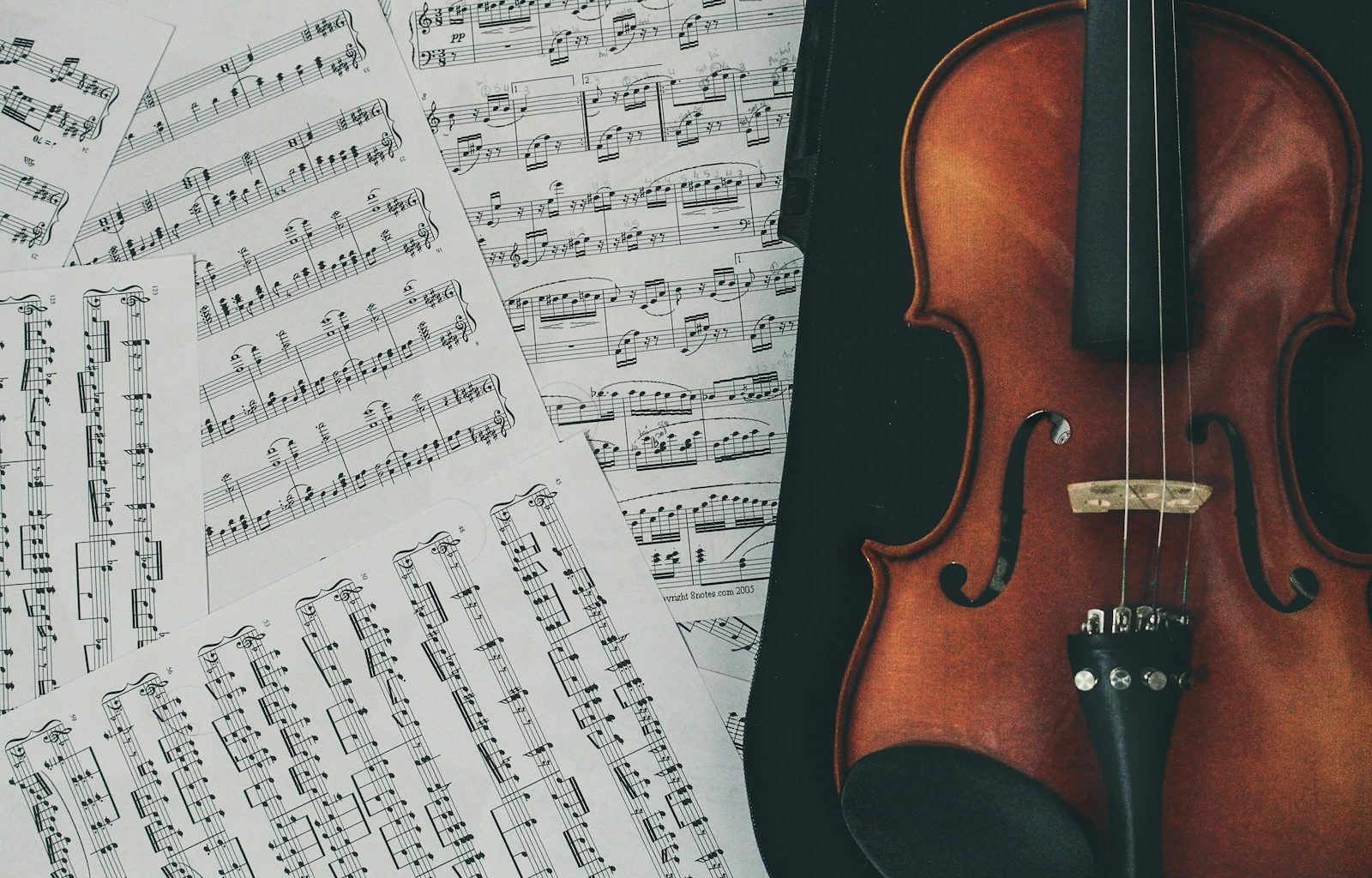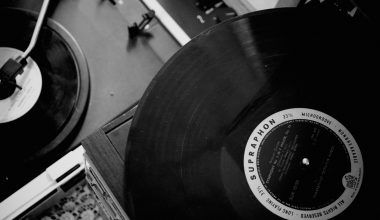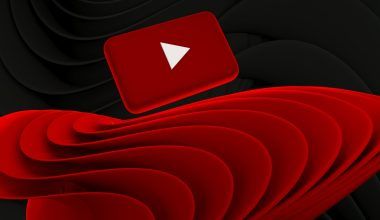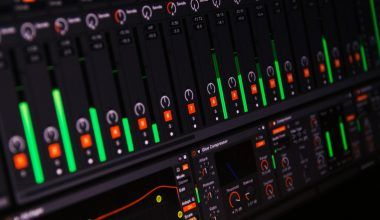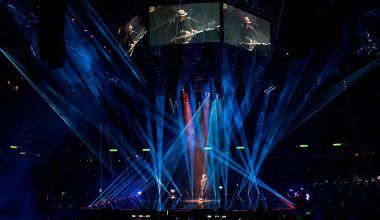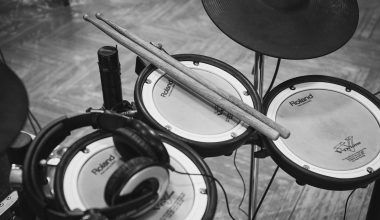Why You See This Phrase Everywhere
Have you ever scrolled through social media and noticed captions or comments like, “I do not own the rights to this music”? If you’re like most people, you’ve probably wondered: What does it mean? Why are so many people writing it? Is it necessary, or are they just following a trend?
In this blog, we’ll dive deep into the phrase “I do not own the rights to this music”, its origins, legal implications, and whether using it really protects you. Along the way, we’ll answer your most pressing questions, using everyday language that’s easy to understand.
What Does “I Do Not Own the Rights to This Music” Mean?
To put it simply, the phrase is a disclaimer. When someone writes this, they’re acknowledging that the music in their video or post isn’t their property. They’re admitting that the rights to the song belong to someone else—usually the artist, producer, or record label.
This is important because music rights are protected by copyright laws. If you use someone else’s music without permission, you could technically face consequences, like having your content removed or even getting sued.
But does adding the phrase actually shield you from these consequences? We’ll get into that soon.
Why Do People Use This Phrase?
There are a few reasons why people add “I do not own the rights to this music” to their posts:
- Avoiding Copyright Strikes
Social media platforms like Instagram, Facebook, and YouTube use algorithms to detect copyrighted material. If you’re using a popular song without permission, your content could be flagged. Many people believe that adding this phrase will help them avoid these flags. - Respecting the Artist’s Work
For some, it’s about giving credit where it’s due. By acknowledging the rightful owners, they feel they’re showing respect for the creators of the music. - Following the Trend
Let’s face it—people love to follow trends. When they see others using the phrase, they assume it’s a necessary step and copy it.
Does It Actually Protect You?
Here’s the cold, hard truth: Saying “I do not own the rights to this music” does not protect you from copyright infringement. While it’s a polite gesture, it doesn’t hold any legal weight.
Copyright law is clear—if you use someone else’s music without permission, you’re infringing on their rights, even if you give them credit. The law doesn’t care about your good intentions. It only cares about whether you had permission or not.
What Are Music Rights? A Quick Breakdown
To understand why the phrase doesn’t work as a legal shield, it’s helpful to know how music rights work. Here’s a simple breakdown:
- Copyright
Copyright gives the creator exclusive rights to their work. This includes the right to reproduce, distribute, and publicly perform the music. - Licenses
To use copyrighted music legally, you need a license. For example, if you want to include a song in your video, you might need a synchronization license. - Public Domain
Some music is in the public domain, meaning it’s free to use without permission. However, most popular songs are not.
The Risks of Using Music Without Permission
If you use copyrighted music without proper licensing, you could face:
- Content Takedowns
Platforms like YouTube and Instagram will remove your video if they detect copyrighted music. - Monetization Issues
If you’re a content creator trying to make money, the copyright owner might claim your earnings. - Legal Action
In extreme cases, the rights owner could sue you for damages.
Alternatives to Using Copyrighted Music
If you love adding music to your posts but don’t want to risk copyright issues, here are some options:
- Royalty-Free Music
Use music from royalty-free platforms like Epidemic Sound, Artlist, or YouTube Audio Library. These sites offer tracks that are safe to use with proper licensing. - Original Compositions
Work with independent artists or create your own music. This way, you fully own the rights. - Licensed Music
Some platforms let you pay for licenses to use popular songs. Check out services like Lickd or Soundstripe.
Does the Phrase Ever Help?
While it doesn’t protect you legally, writing “I do not own the rights to this music” can have some indirect benefits:
- Transparency
It shows that you’re not trying to claim the music as your own. - Community Understanding
If your post gets flagged, viewers will understand why.
However, these benefits are more about perception than actual protection.
Each platform has its own rules for dealing with copyrighted content:
- YouTube
YouTube’s Content ID system scans videos for copyrighted material. If it detects a match, the rights owner can monetize your video, mute the music, or block the video entirely. - Instagram and Facebook
These platforms use similar detection systems. If they catch copyrighted music in your post, they might remove it or mute the audio. - TikTok
TikTok offers a library of licensed songs. If you stick to these tracks, you’re usually safe.
Common Myths About Copyright and Music Usage
Let’s bust a few myths:
- “It’s okay if I only use 10 seconds of the song.”
False. Even a few seconds can count as infringement. - “I’m not making money from it, so it’s fine.”
False. Copyright laws apply whether or not you profit. - “I gave credit to the artist, so it’s legal.”
False. Credit doesn’t replace permission.
Conclusion: What Should You Do?
If you love using music in your content, make sure you’re doing it the right way. Instead of relying on phrases like “I do not own the rights to this music”, take steps to avoid copyright issues:
- Use royalty-free tracks.
- Get proper licenses.
- Stick to music libraries offered by social media platforms.
Remember, copyright laws exist to protect creators and their work. By following the rules, you’re not just avoiding trouble—you’re also showing respect for the artists who make the music we all love.
For further reading, explore these related articles:
- The Magic of Trending Songs in the World: Why We Love Them So Much!
- The Wonderful World of Oscar Award Songs: Music That Touches Hearts
For additional resources on music marketing and distribution, visit Deliver My Tune.
